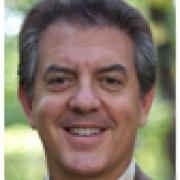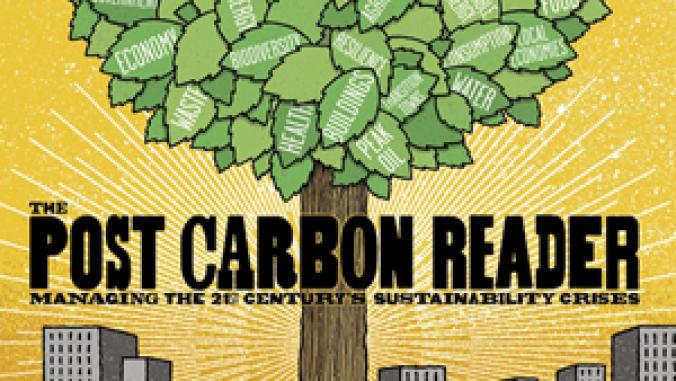Highlights from the Summit on the New Green Economy
<p>From debunking climate change skeptics to motivating your employees, last week's conference in Durham, N.C. brought together business and NGOs, investors and entrepreneurs, to map the path of the green economy.</p>

I spent last week at the SJF Summit on the New Green Economy in Durham, NC. The conference was attended by a very diverse audience of 300 people -- a rich mix of private and institutional investors, cleantech and social entrepreneurs, sustainable business managers, foundation officers, and NGO staffers. There was a palpable air of excitement and hope from these pioneers who are leading the transition to a cleaner and more just economy.
The summit offered far more than I could sum up in one blog post, but there were a number of highlights that are worth sharing here.
Debunking Climate Skeptics
Bruce Kahn, from Deutsche Bank Climate Change Advisors, talked about about his journey from being an ecologist to investment analyst. Bruce described his recent research report, entitled "Climate Change: Addressing the Major Skeptic Arguments," which found that the primary claims of the skeptics do not undermine the assertion that human-made climate change is already happening and is a serious long term threat.
David Orr gave a stirring speech about the dire warnings from climate scientists. He said, "There is 100 percent consensus among those who study climate for a living that global warming is real and caused by humans." He urged the audience to tell the truth about the science: we are witnessing rapidly destabilizing climate systems with permanent, life-altering consequences.
He went on to say "If we wait much longer, life will be hell for our successors" and urged our generation to stand up for the challenge of stabilizing all six heat-trapping gases; make the transistion to efficiency and renewables; and create a global bargain for social justice -- allowing each citizen of the world their fair share of the remaining atmospheric carry capacity. A tall order indeed!
Many of the elements essential to life come from far away: Our food travels an average of 1500 miles; electrons to produce electricity travel 200 miles; and oil that powers our mobility comes from thousands of miles away. He also described a visionary project called National Sustainability Sites, Cities and Projects, a joint venture between municipalities, NGOs, universities and the US military, to create locally-resilient zones. I'll be providing more information about that initiative as it develops.
Creating Green Jobs
Green Jobs are here and growing: Panelists offered clear, succinct definitions of what a clean job is ("net environmental positive"). One inspiring case study was Builders of Hope.
Builders of Hope's mission is to increase the availability of high-quality, safe, affordable housing for working families. They accomplish this by taking abandoned homes and creating new housing developments while employing typically disadvantaged workers.
Another case study was Mondragon, the Spanish organization that is the world's largest cooperative organization with 85,000 employees. Mondragon has partnered with the United Steel Workers to establish manufacturing cooperatives that adapt collective bargaining principles to the MONDRAGON worker ownership model of "one worker, one vote."
Motivating Employees
SJF Advisory Services introduced their new branding: SJF Institute, which reflects their expanded mission to "Help Entrepreneurs Change the World." Ann Claire Broughton presented findings from the upcoming report entitled "Employees Matter: Maximizing Company Value Through Workforce Engagement" that correlates sophisticated employee engagement practices with superior business results. I'll provide an update of the report when it is released in October.
Creating Green Entreprenuers
A number of presenters represented organizations that provide training and support for green entrepreneurs, including the Edward Lowe Foundation, Green for All, and Green Chamber of the South. Mark Lane, Lowe Foundation, presented the following chart:

The data comes from YourEconomy.org, a database of 24 million active businesses.
Overall the Conference highlighted the opportunities for transitioning to a Green Economy and provided the attendees a wealth of inspiration, information and connections. Conferences are an essential “social lubricant” to build new relations and get new ideas; I was excited to see such a dynamic and hardworking collection of smart people working across divergent sectors and industries come together for a worthwhile cause.
Jim Jubelirer is an experienced business manager and expert in consumer behavior, sustainability, training, and organizational development. He is passionate about helping people envision a successful transition to a post-oil economy.

